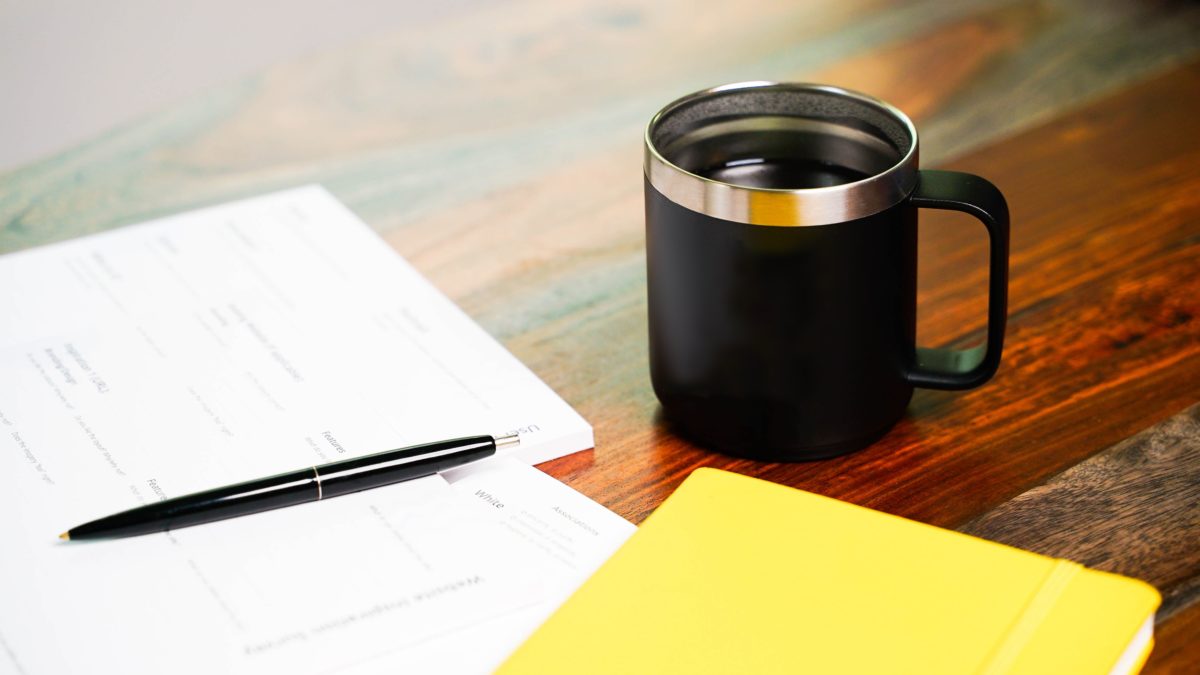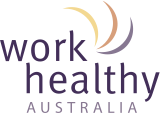
The recent floods in New South Wales and Queensland have affected so many, including our clients and staff.
We’ve collated some resources to help you and your colleagues during this difficult time.
Check in on the mental health of your colleagues
It’s common to need support after being in or witnessing an event that may be traumatic, such as bushfires, flooding, or drought. According to HeadSpace, it’s important to find the right level or type of support for the individual, as everyone will be affected differently.
There are specific things that are likely to be helpful in the days and weeks following a natural disaster. As time passes in the months after, the types of things that are likely to be helpful will be a bit different.
Be sure to observe and check in on your colleagues, and look for signs of poor mental health. HeadSpace have put together a useful guide to refer to when supporting others, particularly young people.
Read more
Monitor for fatigue
Fatigue can reduce your ability to work safely and effectively, particularly after the physical and emotional impact of a natural disaster.
Moods can be affected. Easy tasks can become difficult. At its worst, fatigue can lead to serious workplace injuries.
It’s really important that managers and supervisors check in with workers, and make sure they are getting enough rest. It is equally important to provide them with tactics to improve their sleep, and ensure they stay safe.
Read more
Check your emergency plan
Under the model WHS laws, all workplaces must have an emergency plan in place. Safe Work Australia have published a fact sheet providing information on preparing and maintaining general emergency plans including:
- emergency and evacuation procedures
- contacting emergency services
- medical treatment and assistance
- communication between the emergency response coordinator and others
- information, training and instruction for workers to put in place the emergency procedures.
Within the fact sheet there is a check list which helps to enact your emergency plan.
Sign up to our monthly enewsletter
"*" indicates required fields
